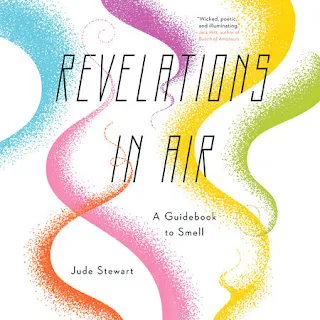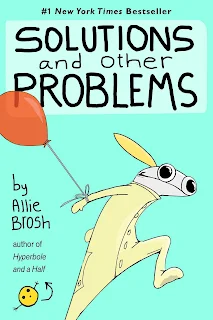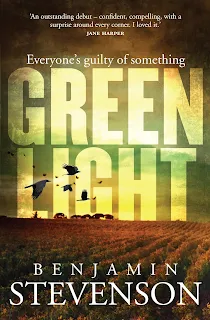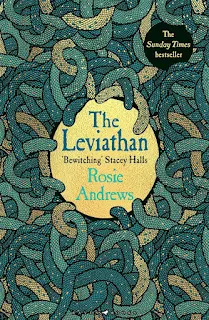* Copy courtesy of Simon & Schuster *
The Language of Food by Annabel Abbs was a sublime read containing tantalising descriptions of food, and life below stairs during 1800s England. The Language of Food tells the untold story of Eliza Acton, a poet at heart and author of Britain's first cookery book for domestic readers. Modern Cookery for Private Families was published in 1845 and author Annabel Abbs has given the reader a fictionalised account of Eliza Acton's life.
Told from two perspectives, that of Eliza and a housemaid by the name Ann Kirby, the reader is soon swept into a world where the kitchen is the centre of the household.
"And it seems to me that the kitchen, with its natural intimacy, is more conducive to friendship and love than any other room in the house. The steady indeterminate pattern of days spent there, the heady unforgettable smells, the warmth and succour of its confined space." Page 317Female agency is a strong theme throughout the book, not surprising given the period and our two lead characters, but I celebrated the manner in which both characters seemed to follow their calling despite feelings of obligation and family responsibility laying elsewhere.
Eliza Acton was a poet in real life and the author has spared no effort in imagining the world of food, spices and cooking through the eyes of a poet and a woman who didn't even know how to boil an egg when she first ventured into a kitchen.
The writing is deliciously suggestive but also funny on occasion, as in this observation from Ann Kirby early on in the novel:
"Mrs Thorpe has a bosom so ample you could trot a mouse on it." Page 43Modern Cookery for Private Families was the first cookery book to provide a detailed list of ingredients, precise quantities and cooking times for each recipe in a format we still follow today. Mrs Beeton's Book of Household Management was published in 1861 well after Eliza Acton's and it is now known that Mrs Beeton plagiarised hundreds of Acton's recipes for the collection. Not only that, but Mrs Beeton stole recipes from other cookery books as well, and knowing that now, I wish she wasn't held in such high esteem. A pox on her book!
The Language of Food by Annabel Abbs is definitely a book to savour, but be prepared to salivate as you visualise and imagine the dishes being tested, prepared and devoured. Abbs provides phrases to roll around your tongue and plenty of description so you can immerse yourself in the sensual writing and imagine yourself in the character's shoes. I particularly related to Ann Kirby, and enjoyed this section describing the first three days of her employment by Miss Eliza Acton:
"For three days, Miss Eliza gives me instructions and I follow them to the letter. I scrape the sugar from its loaf, scrub the vegetables of mud and insects, scour the sink with sand and spread the tea leaves for drying. I fetch water, and firewood, and fish from the market. I slice and sift and grate and pluck. I stoke and sweep and black the range. I wash and dry and polish. And when I get a second to myself, I eat. I eat pie crusts burnt to a crisp and fit only for the pig. I drink cream that has curdled and is intended for the cat. I steal spoonfuls of over-salted sauces so that my tongue withers in my mouth. I eat the leftovers and lick the cooking spoons and even wipe my tongue around the batter basin. I cannot help myself for my insides are gnawed half to death from years of hunger and I've never seen so much food." Pages 83-84I always know I'm reading a great book when I want to recommend it to friends before I've even finished it and that was certainly the case here. The Language of Food by Annabel Abbs is an absorbing historical fiction novel for those who love the poetry of food, the magic of a kitchen and anything to do with cooking, baking, chopping, saucing, stirring or tasting food. Highly recommended!












































